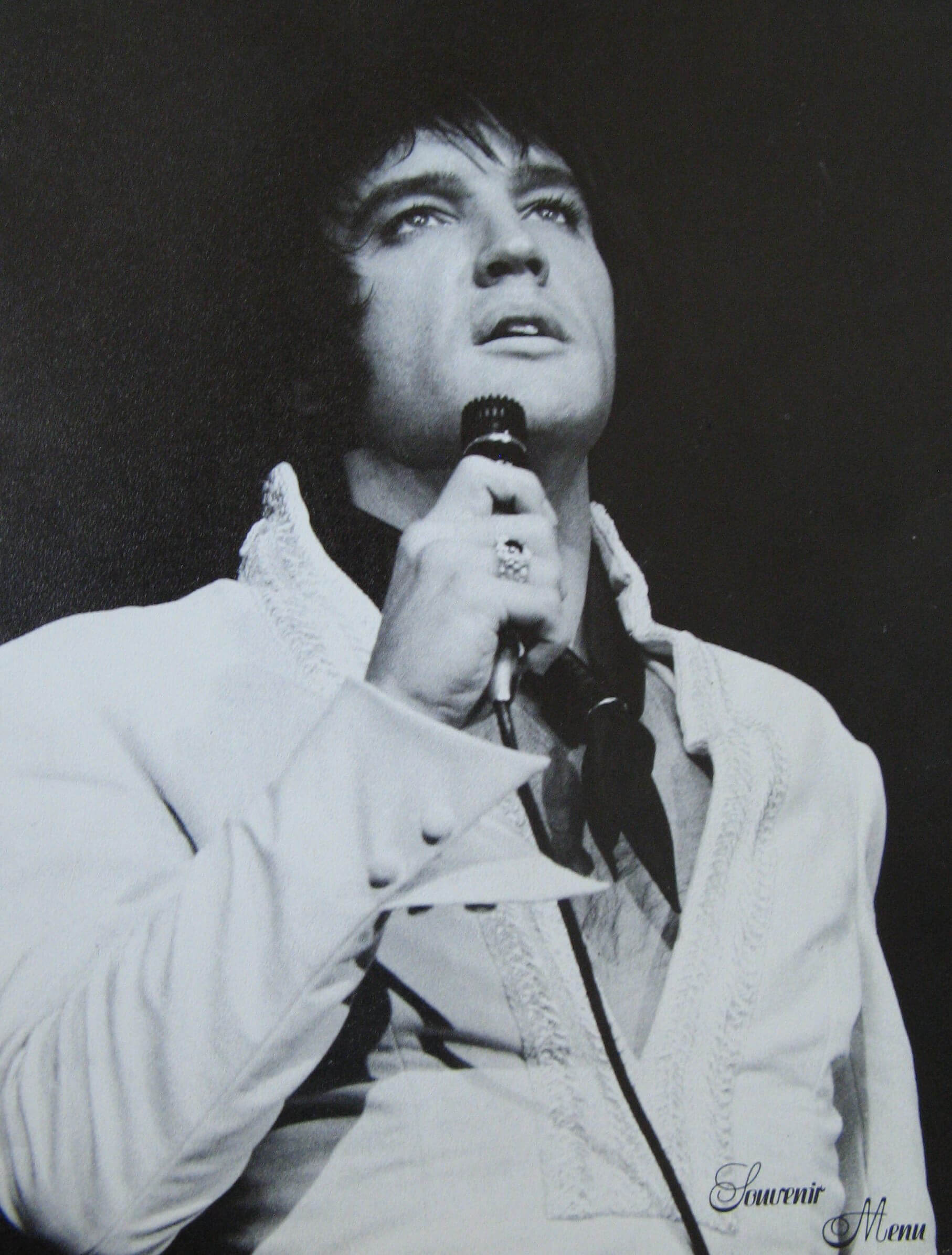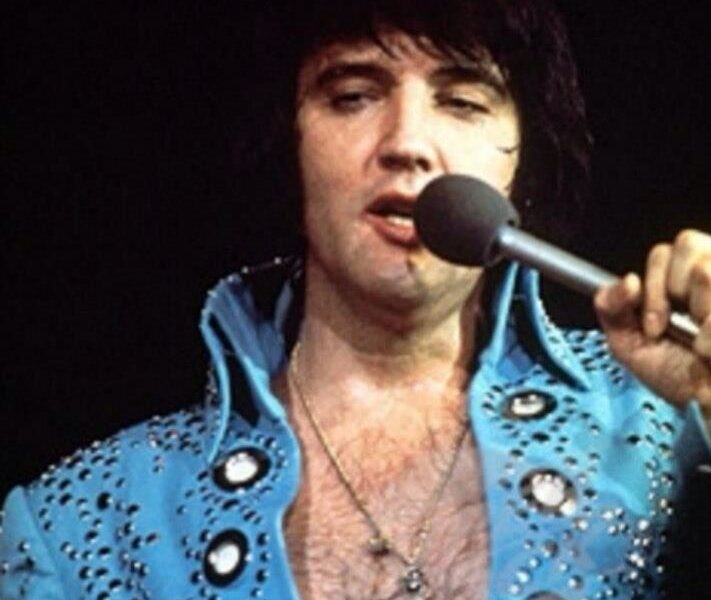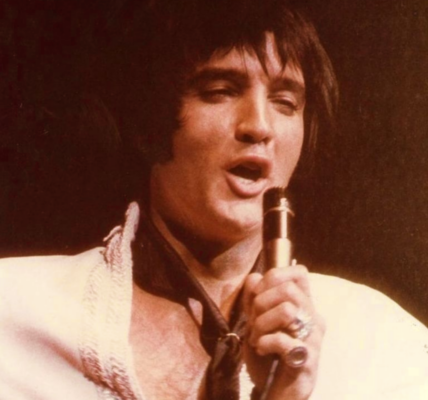“In the Ghetto,” released in 1969, is one of Elvis Presley’s most impactful songs, showcasing his transition from the rock ‘n’ roll star of the 1950s to a more mature artist willing to tackle serious social issues. Written by Mac Davis, the song tells a heart-wrenching story of poverty, crime, and the cycle of despair faced by marginalized communities. It became a standout track on Elvis’s From Elvis in Memphis album, signaling his deepening engagement with meaningful, thought-provoking material.

A Story of Struggle and Desperation
The lyrics of “In the Ghetto” paint a vivid picture of a young boy growing up in a poor urban neighborhood. The song begins with the birth of a child “in the ghetto,” highlighting the harsh realities of poverty right from the start. As the boy grows, he is surrounded by hunger, violence, and a lack of opportunities, leading him down a path of crime in a desperate attempt to survive. The story reaches its tragic conclusion when the boy is killed, just as another baby is born under the same circumstances, suggesting that the cycle of poverty and violence continues unabated.

Elvis’s Emotional Delivery
Elvis Presley’s performance in “In the Ghetto” is filled with empathy and sincerity, reflecting his deep emotional connection to the song’s message. His voice carries a haunting, somber quality, effectively conveying the sadness and urgency of the story. Elvis’s restrained yet powerful vocal delivery allows the lyrics to take center stage, making listeners feel the weight of the social issues being addressed. His ability to bring raw emotion into his music makes “In the Ghetto” a standout track in his discography, illustrating his evolution as an artist willing to use his platform to raise awareness.

The Impact of the Memphis Sessions
The recording of “In the Ghetto” was part of Elvis’s iconic 1969 Memphis sessions at American Sound Studio, a pivotal moment in his career. These sessions marked a creative resurgence for Elvis, as he embraced a more soulful, mature sound. The song’s arrangement features a blend of gospel, soul, and pop influences, with a haunting piano melody and subtle backing vocals that enhance its emotional depth. Producer Chips Moman’s influence is evident, as he helped craft a sound that perfectly complemented the song’s somber message.

A Song with a Social Message
“In the Ghetto” was a bold choice for Elvis, as it tackled issues of poverty and social injustice—topics rarely addressed in his earlier work. The song’s release during a time of significant social change in the United States resonated with audiences and critics alike, highlighting the growing divide between rich and poor and the struggles faced by disadvantaged communities. It became a commercial success, reaching the top 10 on the Billboard Hot 100, and has since been regarded as one of Elvis’s most meaningful songs.
A Lasting Legacy
“In the Ghetto” remains a powerful and relevant piece of music that continues to resonate with listeners today. It stands as a testament to Elvis Presley’s willingness to explore complex themes and his ability to deliver a message that goes beyond mere entertainment. Through this song, Elvis shed light on the struggles of the less fortunate, using his voice to bring attention to social issues, making “In the Ghetto” a timeless and poignant part of his musical legacy.


